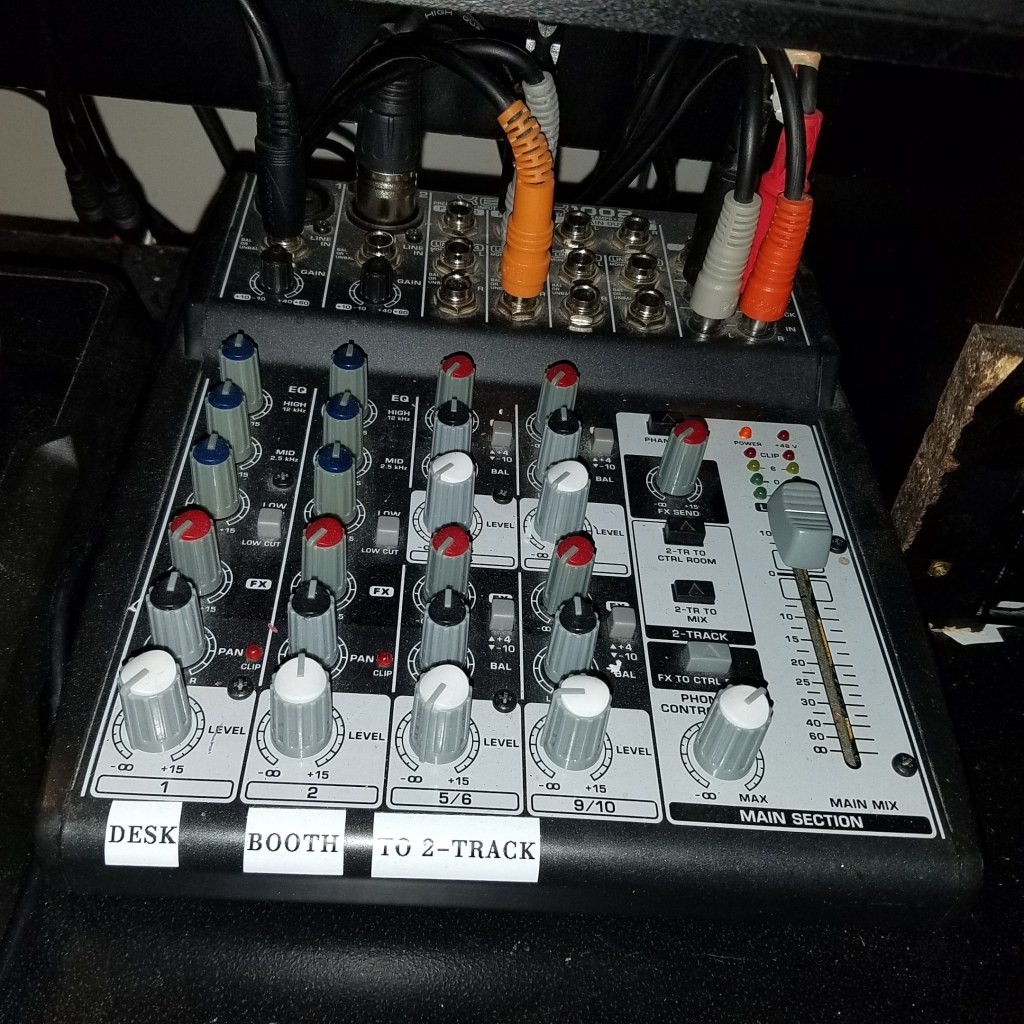Original:
Filmed, directed, and edited by Canna CDK. Music recorded and produced by Grim Singmuf.
Remix:
Filmed, directed, by Canna CDK. Video remix by Jay Prophet. Music recorded and produced by Grim Singmuf. Music remixed by Tone Dizzy.
Go all out!
Get into it, be creative, and have fun. In the track featured above, we involved different talents. The execution was flawless! Do not feel afraid to experiment. Music is about feeling, no need to be super rigid. Enjoy creating something meant to be enjoyed! Its Earworm! That’s what we do!
A Proper Remix Packet
I wanted to share the proper way to share your song with other producers. This will help to them remix your work. This will also help you collaborate with a wide range of artists. A remix packet or kit should have several things. All very self-explanatory. When remixing I like to begin with the essence of the original track. Most DAW’s allow you to export your project as a zip file that contains all the data required to open that project on another computer. FL Studio offers this feature. This allows producers who use the same DAW to easily work with each other without much prep work for a remix kit. I master tracks for others and sometimes just get the zip from them of their project. Simply makes my job so much easier.
By using non-disclosure agreements, you can safely give someone a project file without worry. A remix packet should contain the following material:
Acapella – The main acapella of the project. It is best to export this track dry (with no effects). This way the producer can add his own FX. Always break down the vocals into tracks such as “Main Vocal Track, Ad Libs Track, Backing Vocal Track”.
Vocal Samples – Include any vocal samples that are not part of the main vocals. You can leave your effects on this track, but it is recommended to send dry.
Track outs or Stems – Include the separate tracks or stems of your project. Break down the track into an easy way to be understood. Such as “Bass Track, Lead Track, Drums Track, Pads Track” and so on.
A Reference File – A reference file would be an mp3 of the original track. Something to give the producer an idea of what the original song is supposed to sound like.
A Text File – You should always include a text file with information such as:
- BPM
- Key of the Track
- Chord Progression(s)
- Any Instructions












Great article man. These tips are deff tried and true, not just in regard to remixing but collaboration in general. Thanks!
Fresh! Always nice learning something new!